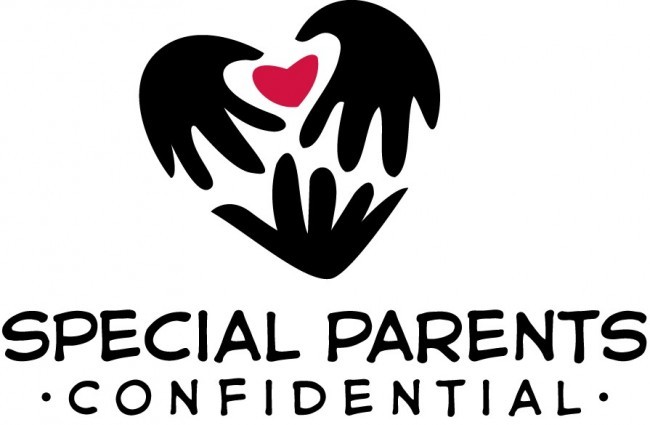AmeriDisability’s Top 5 Podcast List Features SPC!
Some good news to announce: AmeriDisability has featured Special Parents Confidential in an article on: 5 Disability Focused Podcasts Amping Up Inclusive Chatter.
AmeriDisability is an online publication dedicated to individuals with disabilities, caregivers and seniors.
From The AmeriDisability Website:
Who We Are:
AmeriDisability… “serve and collaborate with businesses and nonprofit organizations that provide relevant products and/or services. Our resource aims to inform, inspire and empower the disability and senior communities and beyond!”
“Our Mission:
We believe that by working together we can:
– Improve community awareness and foster inclusion.
– Promote quality services/products to enhance the lifestyle needs/wants of our readers.
– Bring attention to public issues through meaningful dialogue and the promotion of public involvement.
– Influence local, state and national decision makers for positive change.
– Create opportunities for networking and collaboration.”
From The AmeriDisability Article Itself:
Reporter, Lisa Beach, writes:
“If you’re a podcast junkie like me, you probably spend time searching out programs that entertain, inform and inspire. Whether you’re in the car running errands or curled up on the couch with a cup of tea, these five disability-focused podcasts are worth a listen.”
4. Special Parents Confidential with John Pellegrini
Dubbed “the resource podcast for parents of special needs children,” Special Parents Confidential launched in 2013, on a part-time basis, with John Pellegrini as the show host. The show targets parents of special needs kids—any special needs, as Pellegrini doesn’t focus on just one particular issue. Adopting a “we’re-all-in-this-together” approach, the show also appeals to family members, relatives, caregivers and anyone with any kind of connection to a person with special needs.
“I came about this because of our son, who has some special needs,” explains Pellegrini. “We couldn’t get a diagnosis that explained all his issues for the first few years, so we attended a number of different support group meetings in an effort to learn more. I realized that, for many parents, attending a support group meeting is nearly impossible.” With his 30-year background in radio and audio production, Pellegrini decided to do a podcast that would serve as a virtual support group meeting that parents could access any time they want. “My role is to be the support group’s facilitator,” he says. “I get in touch with experts on different subjects and ask the kinds of questions that I, as a parent, would want to know.”
With 70 episodes recorded already, the podcast aims to fill the airwaves with expert advice on a variety of issues that parents of kids with special needs face. The show covers common parenting concerns such as getting and coping with a diagnosis, assistive technology, medical issues, insurance, education and more. (He cites Episode 15: Applied Behavior Analysis (ABA) as the single most downloaded episode so far.) In particular, Pellegrini enjoys interviewing adults who have special needs and hearing them tell stories of what their lives were like growing up with their challenges. “The contrast of how we used to deal with special needs and special education in the past compared and how things are done today shows great improvements, but sometimes we’ve also taken some ridiculous steps backward,” he points out.
With the backdrop of his career in the mainstream media, Pellegrini says, “I think podcasting is a major shot of life and inspiration. The ‘mainstream media’ has become too corporatized and homogenized to the point where you hear nothing but the same thing over and over. Podcasting—when done well (and unfortunately some of it isn’t)—offers a greater variety of subjects that people should know about.”
One overarching theme that others should know about lies in the power of kids with special needs. “What I hear more often in different ways from everyone I’ve talked to is, ‘Never underestimate a child with a special need,’” Pellegrini points out. “Always assume competency, because, when given the right kinds of assistance, they are far more capable than you could imagine.”
Thanks For Supporting Special Parents Confidential!
Our thanks to AmeriDisability and Lisa Beach for finding us and giving our podcast a mention! We try to keep SPC on top of the special needs community awareness, but since we are commercial free, we don’t have a budget for promotion. We only exist thanks to word-of-mouth and social media sharing. Please help out and share Special Parents Confidential on all your favorite social media platforms. We have some easy to use sharing buttons available at the bottom of everything we post here.
As always – Thanks For Listening!
